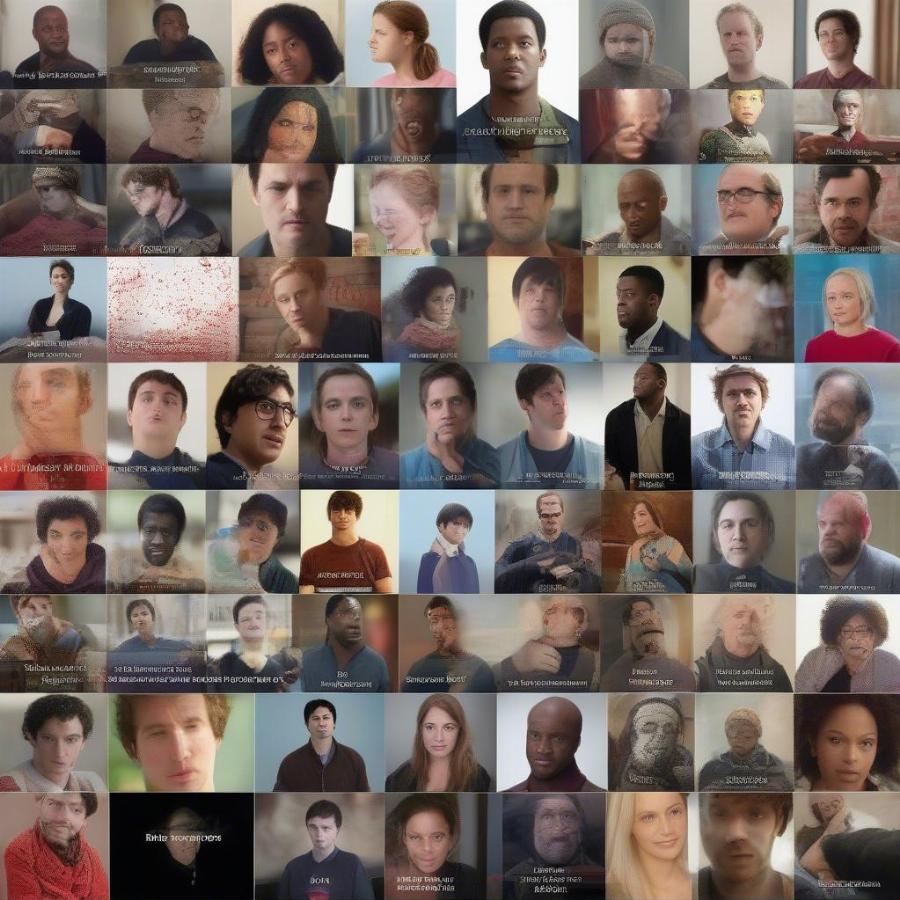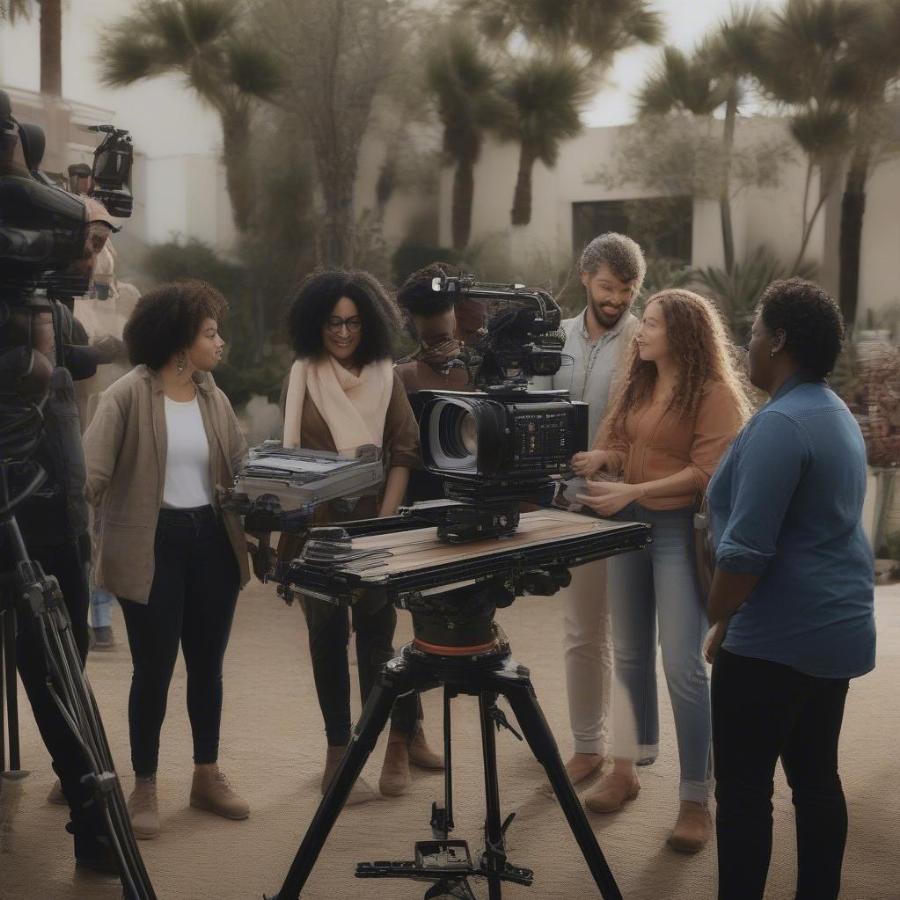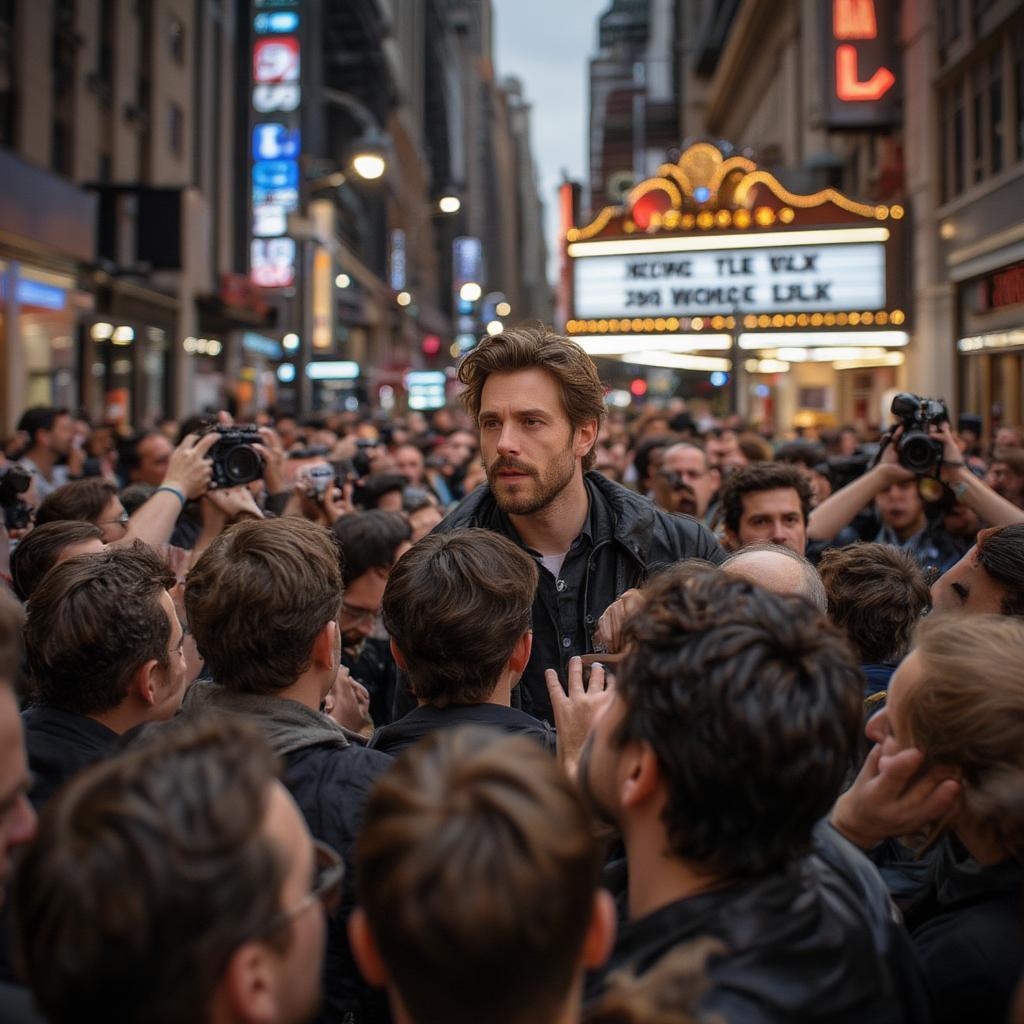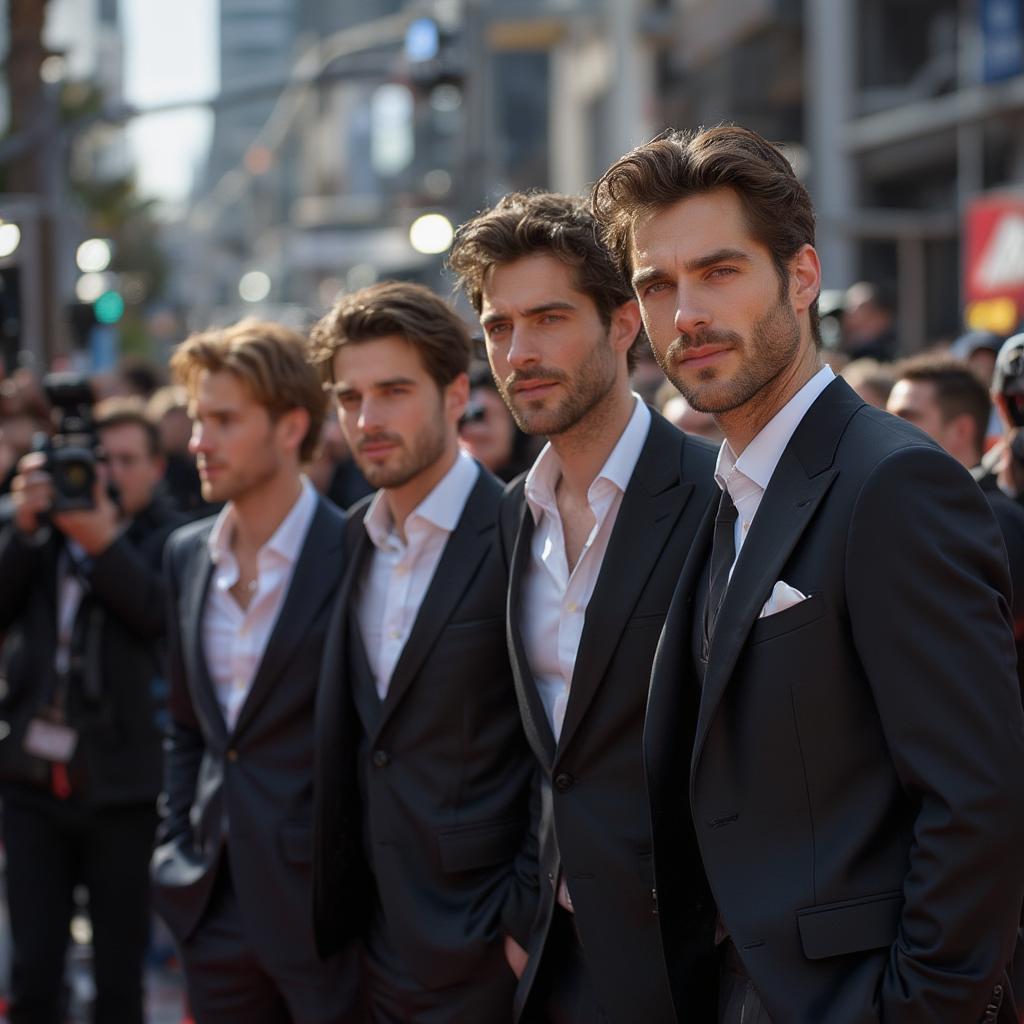Movie Stars That Are Autistic: Navigating Hollywood’s Spectrum

The world of cinema, with its dazzling lights and dramatic narratives, often casts a spotlight on the lives of movie stars. But beyond the red carpets and silver screens, a quieter story unfolds – the story of Movie Stars That Are Autistic, navigating the complexities of Hollywood while living on the autism spectrum. While often undiagnosed or undisclosed, autism within the acting community presents a unique lens through which to view both the challenges and triumphs of these talented individuals.
Understanding the Spectrum: Defining Autism and its Nuances
Autism spectrum disorder (ASD) is a complex neurodevelopmental condition characterized by differences in social communication and interaction, alongside restricted, repetitive patterns of behavior, interests, or activities. The term “spectrum” emphasizes the wide range of abilities and challenges experienced by individuals with autism. Some autistic individuals may require significant support in daily life, while others can live independently and achieve remarkable success in their chosen fields, including the entertainment industry.
It’s important to recognize that autism isn’t a “one-size-fits-all” diagnosis. Each person on the spectrum experiences autism differently. Some may excel in areas like visual learning or memory, while others may struggle with sensory overload or social cues. This diversity within the spectrum makes it crucial to approach the topic with sensitivity and avoid generalizations.
Autistic Movie Stars: Challenging Perceptions and Stereotypes
The public perception of autism is often shaped by media portrayals, which can sometimes perpetuate stereotypes and misconceptions. The reality is that autism presents itself in myriad ways, and autistic individuals contribute uniquely to society, especially in creative fields like filmmaking. While there’s no definitive list of “movie stars that are autistic” due to privacy and diagnostic complexities, exploring the possibility of undiagnosed autism in certain actors can challenge conventional narratives and promote a more inclusive understanding of neurodiversity in Hollywood.

The Intersection of Acting and Autism: Unique Strengths and Challenges
Could some actors’ ability to deeply embody characters stem from an autistic trait? The intense focus and attention to detail often associated with autism can be channeled into crafting compelling and nuanced performances. The ability to mimic and reproduce behaviors, another characteristic sometimes seen in autism, can also be a valuable asset for actors. Conversely, the social demands of Hollywood, with its constant networking and public appearances, might present significant challenges for individuals on the autism spectrum.
Consider the pressures of red carpet events, interviews, and the constant scrutiny of the public eye. These situations, which can be overwhelming even for neurotypical individuals, can be particularly challenging for those with autism who may experience sensory overload or struggle with social interaction. The ability to navigate these pressures while maintaining a successful acting career is a testament to the resilience and adaptability of these individuals.
Recognizing Neurodiversity: A More Inclusive Hollywood
As our understanding of autism evolves, so too should our appreciation for the contributions of neurodivergent individuals in all fields, including the entertainment industry. Recognizing the potential presence of “movie stars that are autistic” encourages a broader conversation about inclusivity and representation in Hollywood. By embracing neurodiversity, we not only expand the range of voices and perspectives in film but also create a more welcoming and supportive environment for all.

The Future of Representation: Moving Beyond Labels
While the search for “movie stars that are autistic” might be driven by curiosity or a desire for representation, it’s crucial to remember that labeling individuals shouldn’t define their talent or worth. The future of representation lies in creating an environment where individuals can openly embrace their neurodiversity without fear of stigmatization or discrimination. This involves shifting the focus from labels to talent and fostering a culture of acceptance and understanding.
What are some common misconceptions about autism and acting?
One common misconception is that autistic individuals are incapable of empathy or emotional expression, which is crucial for acting. In reality, autistic individuals often experience deep emotions but may express them differently. Another misconception is that all autistic individuals are the same, neglecting the diverse spectrum of autism.
How can the film industry better support neurodivergent actors?
Creating a more inclusive environment on set with sensory accommodations and clear communication protocols can greatly benefit neurodivergent actors. Providing specialized coaching and mentorship can also help them navigate the industry’s social demands.

A Final Word: Embracing Authenticity and Talent
The discussion surrounding “movie stars that are autistic” is just one facet of a larger conversation about representation and neurodiversity in the entertainment industry. As we continue to explore this topic, it’s vital to approach it with sensitivity, respect, and a commitment to fostering a more inclusive and equitable Hollywood. Ultimately, the focus should remain on celebrating the unique talents and contributions of all individuals, regardless of their neurological profile. The magic of cinema lies in its ability to reflect the diversity of human experience, and embracing neurodiversity is essential to unlocking the full potential of storytelling.
How can we promote a more nuanced understanding of autism in the public eye?
Educating ourselves about autism through reputable sources and listening to the voices of autistic individuals are crucial steps. Challenging stereotypes and promoting positive representations of autism in media can also help shift public perceptions.
“True artistry lies not in conforming to expectations, but in embracing one’s authentic self. The very traits that might be perceived as ‘different’ can be the source of profound creative power.” – Dr. Amelia Vance, fictional Clinical Psychologist specializing in Neurodiversity and the Arts.
The quest to identify “movie stars that are autistic” reminds us that the world of cinema, like the world itself, is full of undiscovered stories and untold talents. By embracing neurodiversity, we can enrich the landscape of film and create a more inclusive and vibrant future for all.




